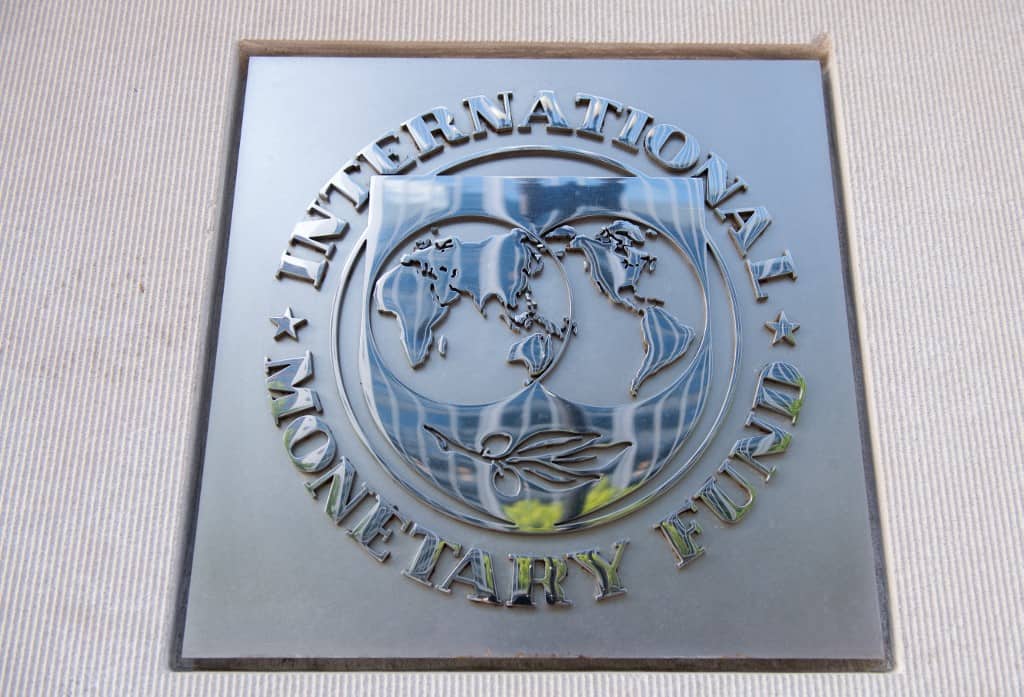The Legislative Assembly approved, in a first debate, the $1.778 billion loan from the International Monetary Fund (IMF) to Costa Rica.
Thirty-eight lawmakers voted in favor, six against, and 13 abstained from Thursday’s vote. The project must pass a second vote by the same lawmaking body; that’s scheduled for July 12, after the mid-year holiday.
“I thank the 38 deputies who approved the credit with the IMF in a first debate,” said President Carlos Alvarado. “[It is] a firm and necessary step, which brings us closer to its final approval and allows us to advance in the fiscal consolidation agenda, which provides an indispensable basis for economic recovery.”
In March, the IMF approved a 36-month credit agreement for $1.778 billion dollars with Costa Rica.
The money will be used to help “support Costa Rica’s recovery and stabilize its economy,” in addition to ensuring sustainable debt, the agency said in a statement issued by its Washington headquarters.
“The home-grown program supported by the IMF focuses on implementing equitable fiscal reforms to ensure debt sustainability, while protecting the most vulnerable,” the agency said.
“Looking ahead, the government’s reform agenda is designed to help promote inclusive and sustainable growth, including through innovative digitalization, climate-change mitigation and resilience building.”
The country hopes that the credit facility will help it reduce a large fiscal deficit of 8.3% of GDP. The last time that Costa Rica registered a fiscal deficit of this magnitude was in 1981, when it reached 9.1% of GDP.
The government also announced that the primary deficit, which excludes debt service, reached 3.5% of GDP, below the 4% projected by the Central Bank, although it has yet to adjust downward.
Consequences of the pandemic
In January, Costa Rica and the International Monetary Fund announced that the agreement to balance the country’s finances would rule out privatizations or higher taxes on consumption or pensions, proposals rejected by the population.
That possibility unleashed public fury in September and October 2020, with street demonstrations, in a country whose economy was already hit by the absence of tourism due to the Covid-19 pandemic.
Costa Rica “has made important strides in recent years in its fiscal and structural reform agenda as part of the Organization for Economic Co-operation and Development (OECD) accession process,” the IMF said.
However, “the pandemic has hit the economy hard and exacerbated pre-existing vulnerabilities, undermining the expected yields from the ambitious fiscal reform launched in late 2018 and generating a sizable financing gap,” it said.
The multilateral organization projects an economic recovery for Costa Rica in 2021, with growth of 2.6% of GDP.
Although the country has been one of the first in Latin America to start vaccination against Covid-19, “risks to the outlook remain elevated given the uncertainty surrounding the pandemic.”
Faced with this situation, the IMF loan “aims at securing macroeconomic stability and advancing the authorities’ home-grown reform agenda.”
The commitments
Costa Rica plans to increase tax revenues through a 0.5% tax on luxury houses, and the transfer to the treasury of up to 30% of the profits of 14 state companies, a measure that will be in force for four years to collect 0.2% of GDP every year.
The measures contemplated in the agreement point to a fiscal adjustment of 5% of GDP to reduce the deficit and to reach a primary surplus in 2023 “to place debt on a downward path.”
Congress is also discussing a public employment bill to regulate wages in the state sector, which is responsible for much of Costa Rica’s fiscal imbalance.
As part of its savings efforts, the country enacted a law that severely cuts state contributions to political parties for the 2022 election campaign.
Central government debt reached the equivalent of 69.7% of GDP in 2020, slightly below the initial forecast of 70.1%.






